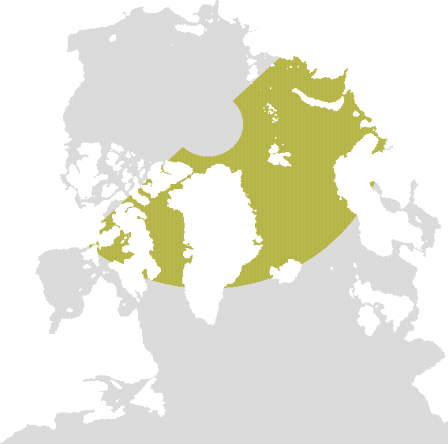CMEMS Arctic MFC: Validation of chlorophyll a
Validation based on satellite data
Validation of CMEMS Arctic MFC results for chlorophyll a uses data that are derived from satellite observations of the ocean colour. These data are made available from the CMEMS Ocean Color TAC.
Initially, an observational product based on data from both the MERIS and MODIS instruments (product name OCEANCOLOUR_GLO_CHL_MERIS_MODIS_L3_L4_DT_OBSERVATIONS_009_001_e) were used for validation. However, this product was discontinued in May 2013. Note also that MERIS data had not been available after communication with Envisat was discontinued on 8 April 2012. (See http://envisat.esa.int/).
Starting with results from the 2013-05-09 bulletin, validation has been perfromed with a MODIS-only data set (product name OCEANCOLOUR-GLO-CHL-L3-NRT-OBSERVATIONS-009-032, with 4km horizontal resolution).
Bias is defined as spatial averages of model values - observed values.
The data are freely available for registered CMEMS users on marine.copernicus.eu. The production is operated by the Italian Research Council (CNR).
Region

|
The validation region is between 90°W and 90°E, and between 65°N and 85°N. Note that at these high latitudes, there will be no or very few observations during winter (November-February), due to the polar night or conditions close to this state. |
Topaz
The model results are produced with the TOPAZ ocean data assimilation model system. Presently, TOPAZ is run weekly with data assimillation one week prior to the bulletin date, followed by a one-week 100 member ensemble simulation ending on the bulletin date, and finally a 10 day deterministic forecast. TOPAZ was developed and is maintained by the Nansen Center.